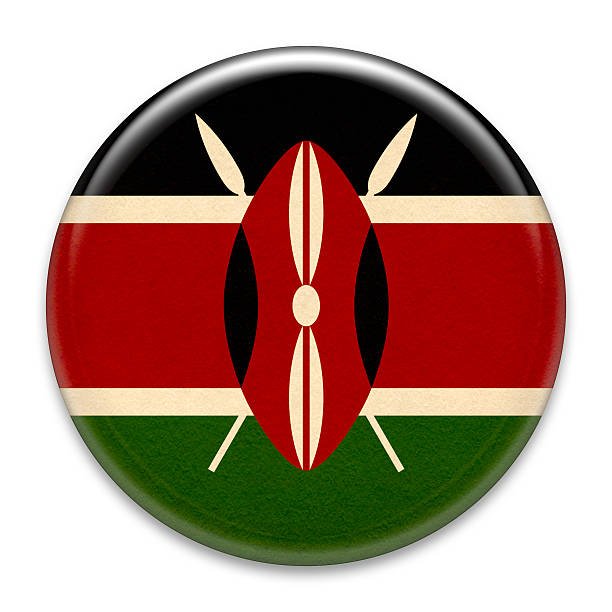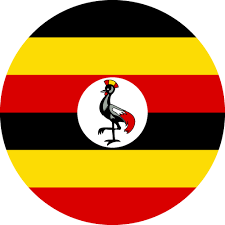Employer of record in DR Congo
Employer of record in DR Congo
Employer of record in DR Congo
Employer of record in DR Congo

The Democratic Republic of the Congo (DR Congo) is a vast country located in Central Africa. It is the second-largest country on the continent, rich in natural resources like minerals, forests, and water systems. The DRC is home to a diverse population, with over 200 ethnic groups. Despite its immense natural wealth, the country has faced significant political instability, conflict, and economic challenges. Its capital is Kinshasa, and its official language is French. The Congo River, one of the world’s longest rivers, flows through much of the country.
Employee Benefits
PAID TIME OFF
Annual Leave
Employees are entitled to a minimum of 12 days of paid annual leave after completing one year of service. For every five years of service, an additional day of leave is granted.
Sick Leave
Employees are entitled to paid sick leave as outlined by the Labor Code. In case of illness or accident that prevents the employee from working, they will receive two-thirds of their cash compensation and full family allowances during the period of leave, which may extend up to six months.
Maternity Leave
Female employees are entitled to 14 consecutive weeks of maternity leave, including up to 8 weeks after delivery and 6 weeks before childbirth. During this period, the employee is paid 100% of her salary, regardless of the child’s survival, and continues to receive contractual benefits. A medical certificate confirming the birth under medical supervision is required to qualify for the maternity allowance.
Paternity Leave
Currently, there are no legal provisions for paternity leave.
Family Leave
Not applicable.
National Holidays
Employees are entitled to 8 public holidays, all of which are paid.
Other Paid Time Off
- Bereavement Leave: Employees are entitled to 4 days of leave in the event of the death of a spouse, parent, or close family member.
- Marriage Leave: Employees can take 2 days of leave for their own marriage or that of their child.
STATUTORY EMPLOYEE BENEFITS
Unemployment: No statutory unemployment benefits are provided.
Workers Compensation: Workers compensation is covered under the Social Security contributions.
Social Security: The National Social Security Institute (INSS) offers a range of benefits including:
- Pensions Branch: Disability, old age, and death benefits.
- Occupational Risks Branch: Benefits for work-related accidents and diseases.
- Family Allowance Branch: Family allowances.
Contribution Rates
- Occupational Risks: 1.5% paid by the employer.
- Pensions: 5% paid by both the employer and employee.
- Family Benefits: 6.5% paid by the employer.
The National Institute of Professional Preparation (INPP) also focuses on developing human capital, with contributions ranging from 1% to 3% depending on company size.
Health: The public healthcare system in DRC follows a 4-level pyramid, though access may be limited in certain regions. Private medical aid and life insurance options are available and voluntary for employees to opt into or for employers to provide.
PRIVATE EMPLOYEE BENEFITS
Private workers’ compensation, retirement funds, health insurance, and life insurance are available as options but are voluntary.
PERSONAL INCOME TAX
Tax Year: The tax year runs from January 1st to December 31st.
Tax Brackets
| Bracket number | Taxable bracket (CDF) | Gap (CDF) | Rates (%) | Tax due as per bracket (CDF) | Cumulative tax (CDF) | |
| From | To | |||||
| 1 | 0 | 1,944,000 | 1,944,000 | 3 | 58,320.00 | 58,320.00 |
| 2 | 1,944,001 | 21,600,000 | 19,655,999 | 15 | 2,948,399.85 | 3,006,719.85 |
| 3 | 21,600,001 | 43,200,000 | 21,599,999 | 30 | 6,479,999.70 | 9,486,716.55 |
| 4 | 43,200,001 | And more | 40 | – | – | |
Income from foreign sources is not taxed. Additionally, an Impôt Exceptionnel sur la Rémunération des Expatriés (IERE) applies to foreign employees.
Taxation Method: Income tax is progressive, with rates increasing based on income levels.
Double Taxation: The DRC has multiple agreements to prevent double taxation.
SOCIAL SECURITY & PAYROLL ELEMENTS
Employees’ earnings, including salary, bonuses, taxable benefits, and allowances, are subject to various contributions like social security, pensions, and occupational risk insurance.
Taxable Income: Salaries, bonuses, allowances not meant to reimburse professional expenses, and indemnities are taxable. Certain benefits in kind, such as legal family allowances and housing allowances (if they do not exceed 30% of gross salary), are exempt from taxation.
Employer Contributions: Employers are responsible for paying payroll taxes, social security contributions, and other statutory benefits on behalf of employees.
































